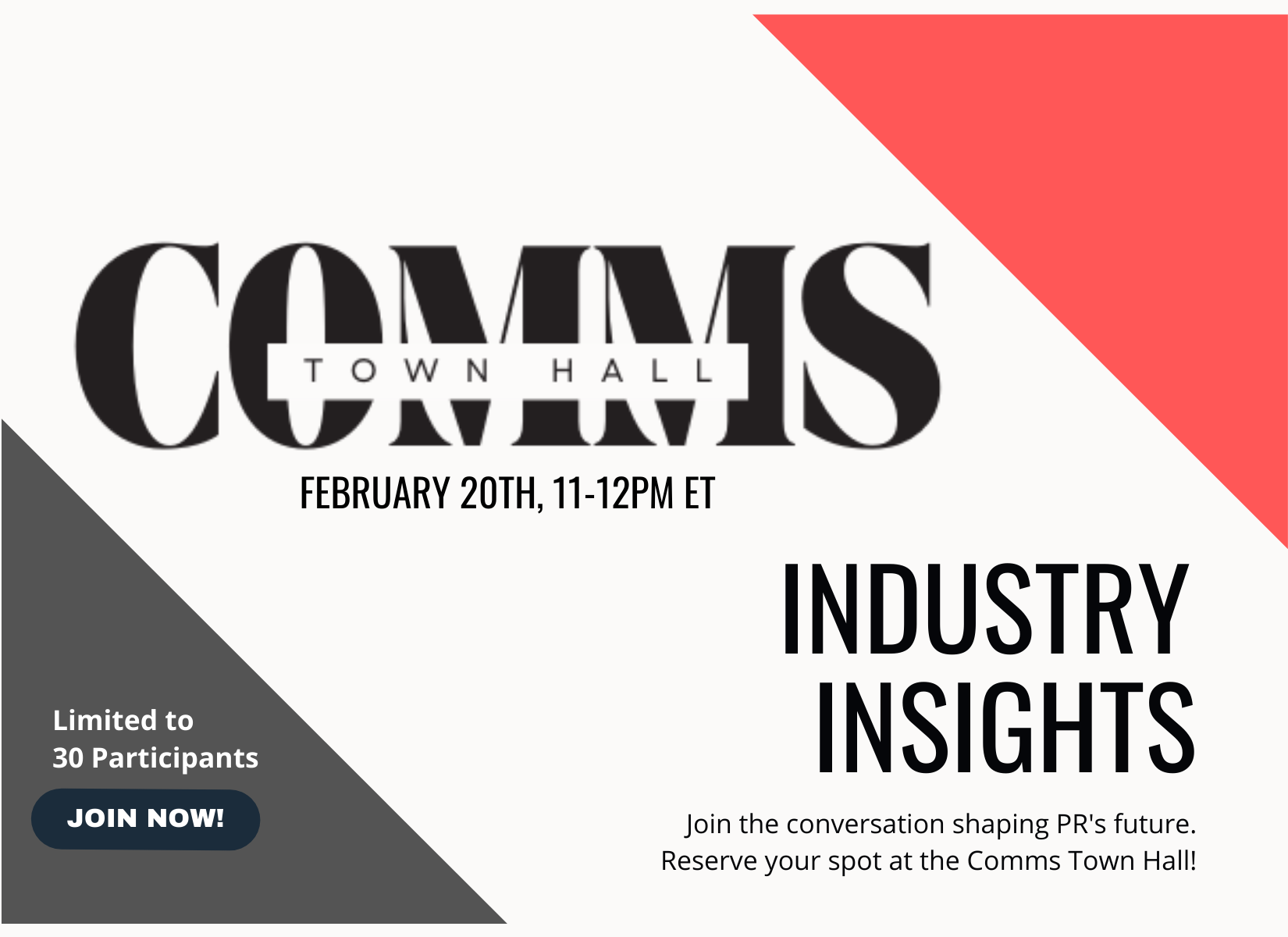Communications Town Hall to Address Media on the Brink as Fear and Lawsuits Crush
As the media industry grapples with an escalating wave of legal and political challenges under the new administration, communications professionals are convening for a critical Town Hall to assess the evolving landscape. With heightened concerns over retaliation, defamation suits, and corporate risk mitigation, the industry’s ability to function as a free and independent press is facing unprecedented scrutiny.
This new Town Hall follows the recent Communications Town Hall, where a group of seasoned experts gathered to discuss Meta's controversial decision to end its third-party fact-checking program, opting instead for a crowdsourced moderation system affecting Facebook, Instagram, and Meta’s Ad Manager ecosystems. The shift has raised alarms about the potential rise in misinformation and hate speech. Industry leaders weighed in on the ramifications of this change, with concerns over the spread of misinformation and the challenges brands face in ensuring credibility and brand safety in Meta’s evolving landscape.
The recent resignation of CNN’s Jim Acosta is emblematic of the shifting tides. Acosta, a journalist known for his contentious relationship with former and now current President Donald Trump, announced his departure from CNN after being offered a late-night slot instead of his daytime role. His parting words—“Don’t give in to the lies. Don’t give in to the fear.”—spoke volumes about the pressures facing journalists today. Trump wasted no time in celebrating Acosta’s exit, calling him a “major loser” on Truth Social, while CNN maintained that the move was strictly a business decision.
Beyond individual journalists, media companies are also facing heightened scrutiny and legal threats. CBS News, for example, is under fire internally for considering a settlement with Trump over a lawsuit related to an edited "60 Minutes" interview with Kamala Harris. While legal experts widely regard the suit as baseless, reports that CBS’ parent company, Paramount Global, may settle have sparked internal backlash. One CBS correspondent, speaking anonymously, warned that such a move would make the network “a laughingstock” and set a dangerous precedent for journalistic independence.
This chilling effect extends beyond newsrooms. Major corporations, once vocal about diversity, equity, and inclusion (DEI) initiatives, are quietly rolling back their commitments under legal and political pressure. Corporate mentions of DEI in earnings calls have plummeted by 82% since 2021. Even the Society for Human Resource Management (SHRM) has removed “equity” from its strategy, while companies like Meta, McDonald’s, and Lowe’s cite legal concerns for scaling back DEI efforts. Trump-aligned activists like Robby Starbuck have openly taken credit for these reversals, underscoring the influence of political pressure on corporate decision-making.
The upcoming Communications Town Hall on February 20th will bring together industry leaders to discuss how organizations can navigate these mounting pressures. Topics will include strategies for maintaining integrity in a legally hostile environment, the impact of corporate risk aversion on editorial decisions, and how communicators can balance corporate messaging with evolving political realities.
With a renewed focus on legal retaliation, media consolidation, and self-censorship, the industry must find ways to push back against fear-driven decision-making. This Town Hall serves as a vital forum for those on the frontlines of the information battle to share insights and solutions in an increasingly fraught media environment.


